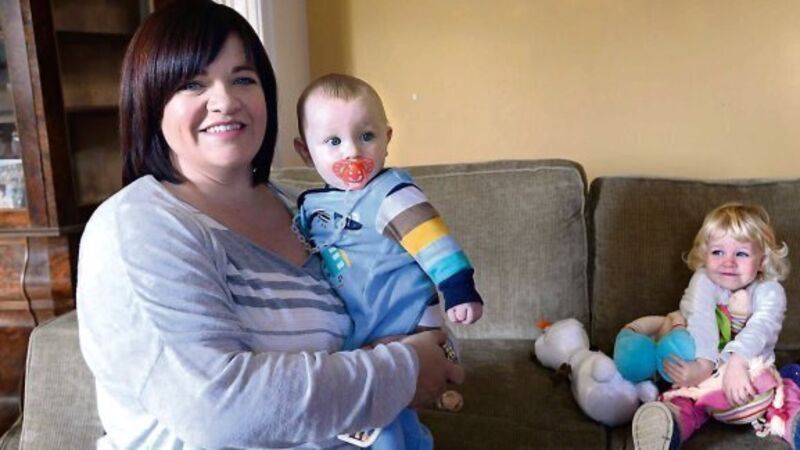Paediatric sleep consultant Lucy Wolfe on how to help your baby overcome sleep difficulties

FOR parents with a baby who finds it difficult to get to sleep by themselves and to stay asleep, daily life can very quickly become an uphill battle.
Functioning on just a few hours sleep, night after night, it’s difficult to imagine ever feeling well-rested again.











